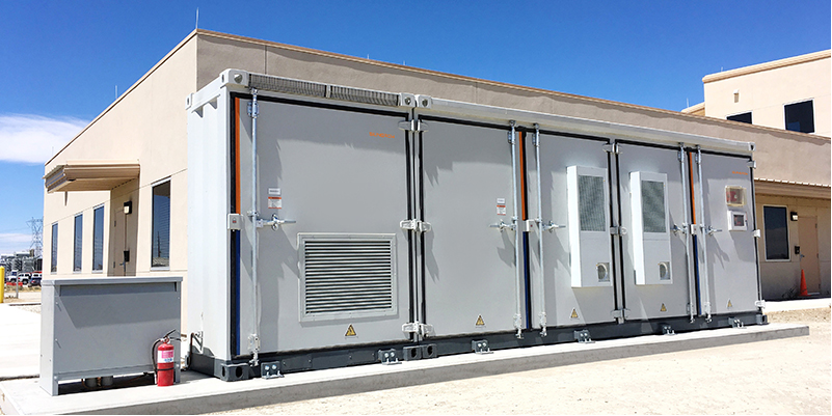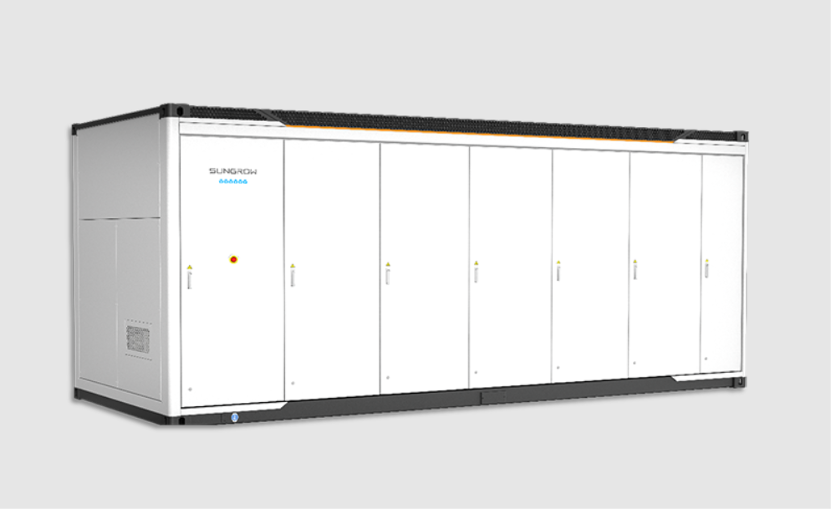Battery backup systems are essential for maintaining uninterrupted operations during power outages. They store electricity and provide power to critical systems when the primary source fails. For commercial and industrial sectors, these systems are crucial. Businesses in these sectors rely on constant power to support equipment, protect data, and ensure operational continuity.

Types of Battery Backup Systems
Battery backup systems come in various types, each tailored to meet the unique needs of different sectors. They provide critical power solutions for both commercial and industrial applications.
1. Commercial Battery Backup Systems
These systems cater to retail stores, office buildings, and small data centers. They ensure uninterrupted point-of-sale operations, maintain IT infrastructure, and prevent data loss during outages.
2. Industrial Battery Backup Systems
For large-scale operations, industrial battery backup systems are indispensable. These systems are used in manufacturing facilities and warehouses. They support heavy machinery, safeguard production lines, and power logistics operations, ensuring business continuity in large-scale environments.

Key Components and How They Work
Understanding the core components and functionality of battery backup systems is essential to appreciate their role in business operations.
Components of a Battery Backup System
Batteries: Lithium-ion batteries are common due to their efficiency and durability.
Inverters and Controllers: These convert and regulate power to ensure compatibility with business needs.
Monitoring Systems: Advanced systems provide real-time data on battery performance and status.
Integration with Renewable Energy: Many systems integrate with solar or wind energy to enhance sustainability.
How Battery Backup Systems Work and Their Benefits
Battery backup systems charge during normal operations, storing excess power. When an outage occurs, they switch to provide electricity to critical systems. This seamless transition prevents disruptions and protects sensitive equipment.
Battery backup systems offer a range of benefits that are invaluable for ensuring business continuity and sustainability.
Uninterrupted Operations: Battery backup systems minimize downtime, keeping operations running smoothly during power failures.
Protecting Sensitive Equipment: They shield IT infrastructure, production machinery, and healthcare devices from damage caused by abrupt power loss.
Cost Efficiency and Sustainability: Businesses save on operational costs by avoiding downtime and integrating renewable energy for long-term benefits.
Applications in Different Industries
Battery backup systems are versatile and find applications across diverse industries, providing tailored solutions for different business needs.
Commercial Use Cases
Retail: Battery backup prevents disruptions to point-of-sale systems, ensuring smooth customer transactions.
Offices: These systems protect IT networks, supporting remote work and preventing data loss.
Healthcare: Clinics and private practices use them to power critical medical equipment during outages.
Industrial Use Cases
Manufacturing: Backup power ensures machinery operates without interruption, reducing downtime and safeguarding productivity.
Logistics: Large warehouses rely on battery systems to maintain inventory management and shipping processes during outages.

How Sungrow PowerTitan 2.0 Can Help
The Sungrow PowerTitan 2.0 is a cutting-edge battery backup system designed for industrial and commercial use. It offers several advantages:
Optimal Cost: An intelligent liquid-cooled temperature control system reduces auxiliary power consumption, enhancing efficiency. The system is delivered pre-assembled, reducing onsite setup time.
Safety and Reliability: With features like electrical safety management, arc extinguishing, and separation of electrical and battery cabinets, the system minimizes risks such as thermal runaway.
Efficiency and Flexibility: Advanced heat dissipation increases battery life and discharge capacity. Its compact design supports flexible layouts, saving space. Pre-commissioned components reduce installation time.
Intelligent Operation and Maintenance: Features like one-click upgrades and automatic rehydration lower maintenance requirements, improving long-term reliability.
Conclusion
Battery backup systems are indispensable for commercial and industrial businesses. They ensure operational continuity, protect sensitive equipment, and contribute to cost efficiency. For businesses seeking reliable, efficient, and intelligent solutions, the Sungrow PowerTitan 2.0 stands out as a top choice.